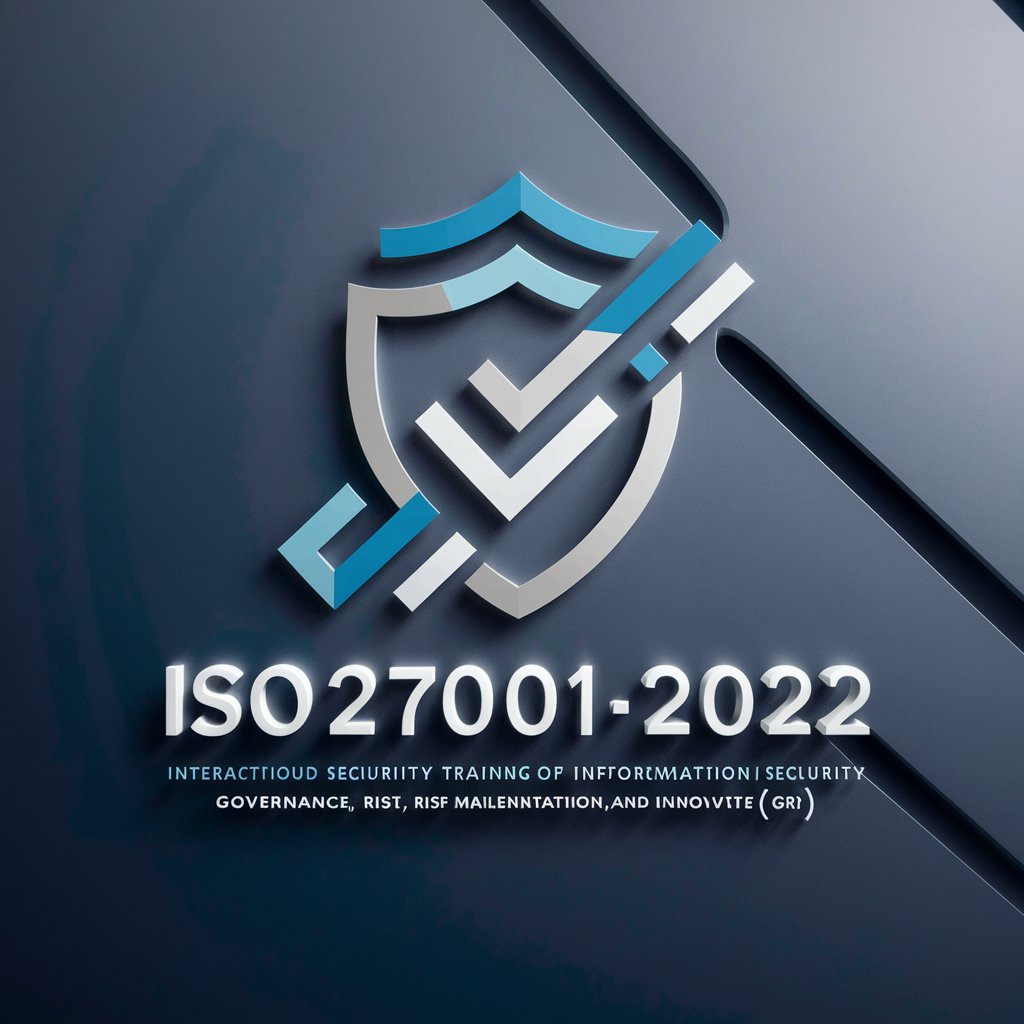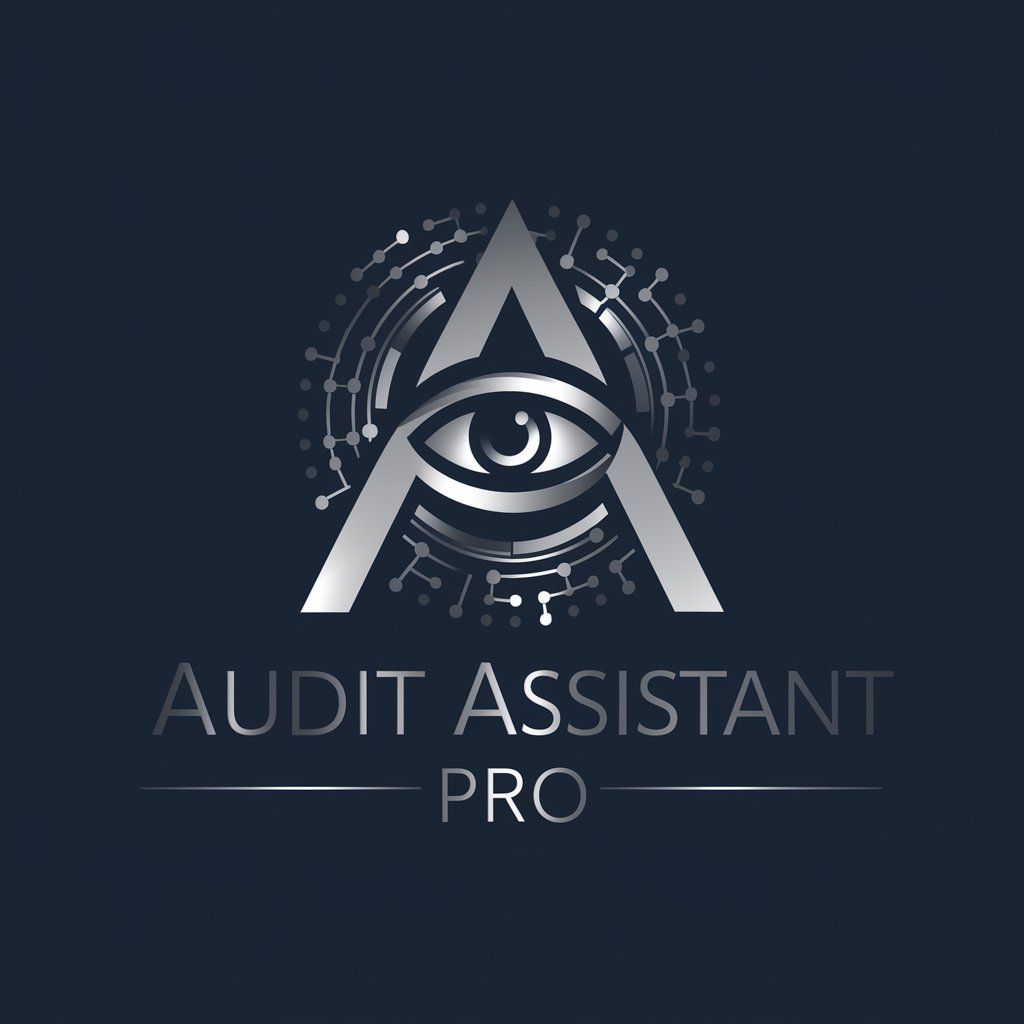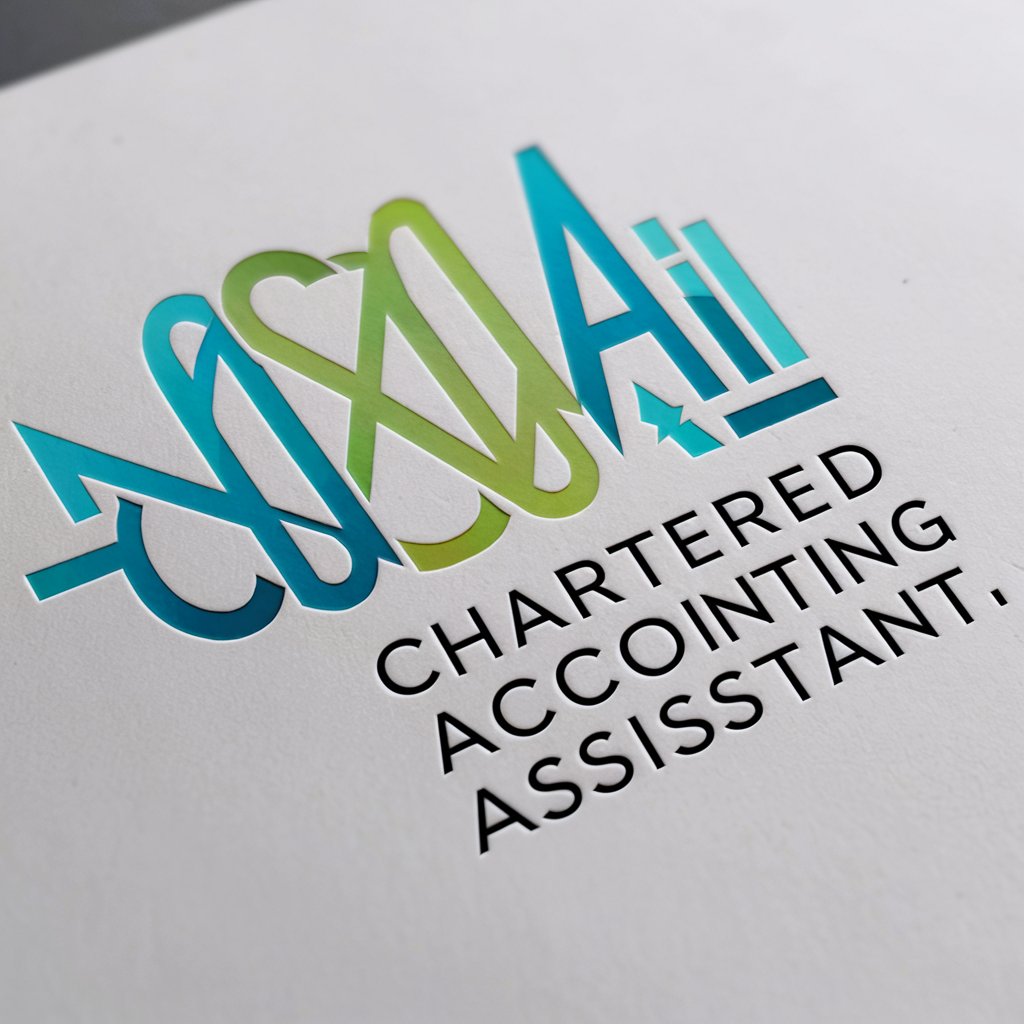
Internal Auditor AI-Assistant - Internal Audit Support
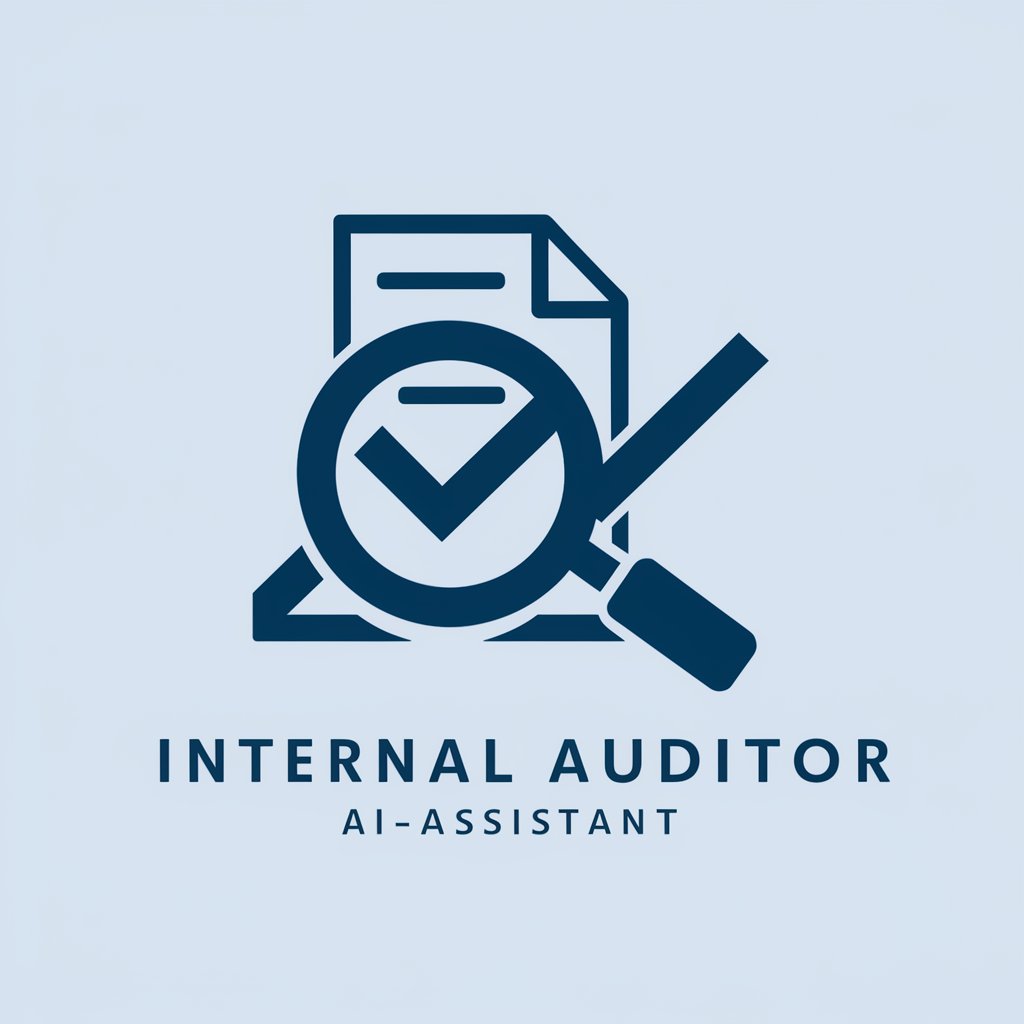
Привет! Готов помочь с внутренним аудитом.
Streamline audits with AI-powered insights
How can I ensure compliance with internal audit standards?
What are the best practices for evaluating cybersecurity risks?
How should I approach risk-oriented internal audit planning?
What steps are involved in communicating audit results effectively?
Get Embed Code
Introduction to Internal Auditor AI-Assistant
The Internal Auditor AI-Assistant is designed as a specialized tool aimed at enhancing the efficiency and effectiveness of internal audit processes. Its core purpose is to assist internal auditors by providing insights, data analysis, and recommendations based on a comprehensive understanding of internal audit standards and practices. For example, the AI can analyze large datasets to identify anomalies indicative of potential risks or non-compliance issues, thus enabling auditors to focus their efforts on areas of highest risk. Additionally, it can interpret and apply audit standards to various scenarios, offering guidance on compliance and best practices. Powered by ChatGPT-4o。

Main Functions of Internal Auditor AI-Assistant
Data Analysis and Risk Identification
Example
Automatically analyzing transaction data to identify patterns that may indicate fraud, errors, or inefficiencies within an organization.
Scenario
In a scenario where an organization wishes to assess its procurement process for compliance with internal policies, the AI can analyze purchase orders and invoices to identify unauthorized transactions or deviations from standard procedures.
Compliance Guidance
Example
Providing interpretations of internal audit standards and how they apply to specific audit scenarios.
Scenario
When an auditor is evaluating the organization's adherence to the GDPR, the AI-Assistant can guide on how internal audit standards apply to data protection and privacy requirements.
Audit Planning and Strategy Development
Example
Assisting in the development of audit plans by suggesting areas of high risk or significance based on the analysis of available data and past audit findings.
Scenario
Ahead of an annual audit cycle, the AI can suggest focusing on cybersecurity measures of an organization by analyzing recent data breaches in the industry and highlighting this as a high-risk area.
Training and Capacity Building
Example
Offering resources and modules for auditors to enhance their skills in specific areas such as data analytics, risk management, or understanding new regulatory changes.
Scenario
For auditors needing to understand the implications of new financial reporting standards, the AI-Assistant can provide tailored training modules and quizzes to test their knowledge.
Ideal Users of Internal Auditor AI-Assistant Services
Internal Audit Professionals
This group includes auditors at all levels within an organization who are responsible for conducting audits, assessing risks, and ensuring compliance. They benefit from the AI-Assistant by gaining access to detailed analysis, risk assessment tools, and guidance on audit standards, thus enhancing their audit effectiveness and efficiency.
Audit Departments
Audit departments, as a collective, can utilize the AI-Assistant to streamline their audit processes, develop more strategic audit plans, and ensure that their audits are conducted in line with the latest standards and regulations. The tool can assist in prioritizing audit areas and allocating resources more effectively.
Risk Management Professionals
Professionals focused on identifying, assessing, and mitigating risks across various functions within an organization can use the AI-Assistant to gain insights into potential risk areas, trends in data that may indicate emerging risks, and recommendations for risk mitigation strategies.
Compliance Officers
Compliance officers responsible for ensuring that an organization adheres to legal standards and internal policies can leverage the AI-Assistant for guidance on compliance-related issues, updates on relevant regulations, and tools to assess the effectiveness of compliance controls.

Using Internal Auditor AI-Assistant
1
Visit yeschat.ai for a free trial without login, also no need for ChatGPT Plus.
2
Select the 'Internal Auditor AI-Assistant' option from the list of available tools to start using the AI for internal audit inquiries.
3
Input your specific internal audit question or topic into the provided text box. Be as detailed as possible to receive a comprehensive response.
4
Review the generated advice or analysis. Utilize the option to refine your question or ask follow-up queries for deeper insight into your internal audit issue.
5
Apply the AI-generated recommendations within your organization's internal audit processes, ensuring compliance with relevant standards and improving audit effectiveness.
Try other advanced and practical GPTs
Viral AI Social media Profile Image maker
Craft Your Digital Persona with AI

Compare Documents
AI-powered document comparison at your fingertips.
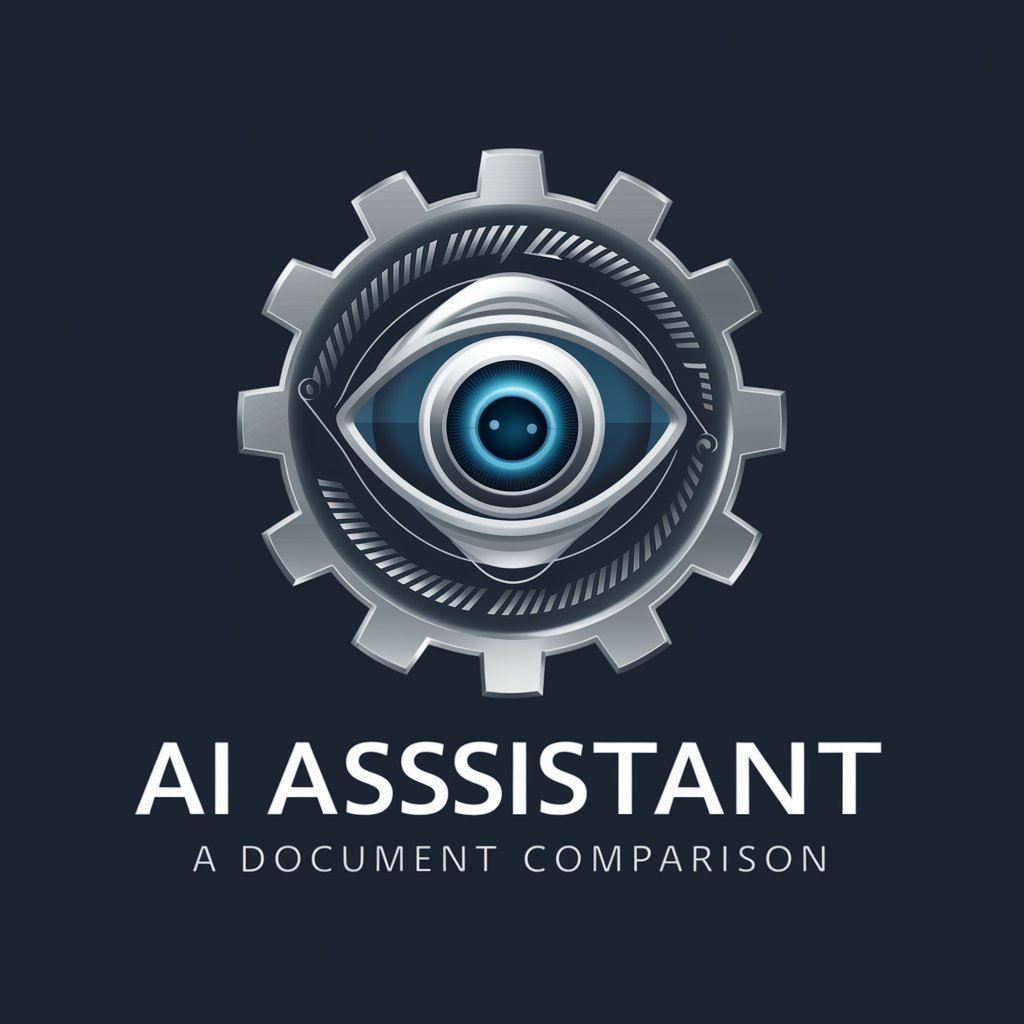
Liberium Legislación
Empowering legal analysis with AI

Philosophy Of Freedom Chat Bot
Unlocking Wisdom with AI

Values Discovery
Discover Your Values with AI

Wen PorkJet?
Inspiring the Future with AI Creativity

AI Bots Finder (over 100 000+ Bots)
Empowering innovation with AI-powered solutions.

GPT Engineer Architect
AI-Powered Precision in Project Specifications

Neural API Free Pascal Developer
Empowering AI with Free Pascal
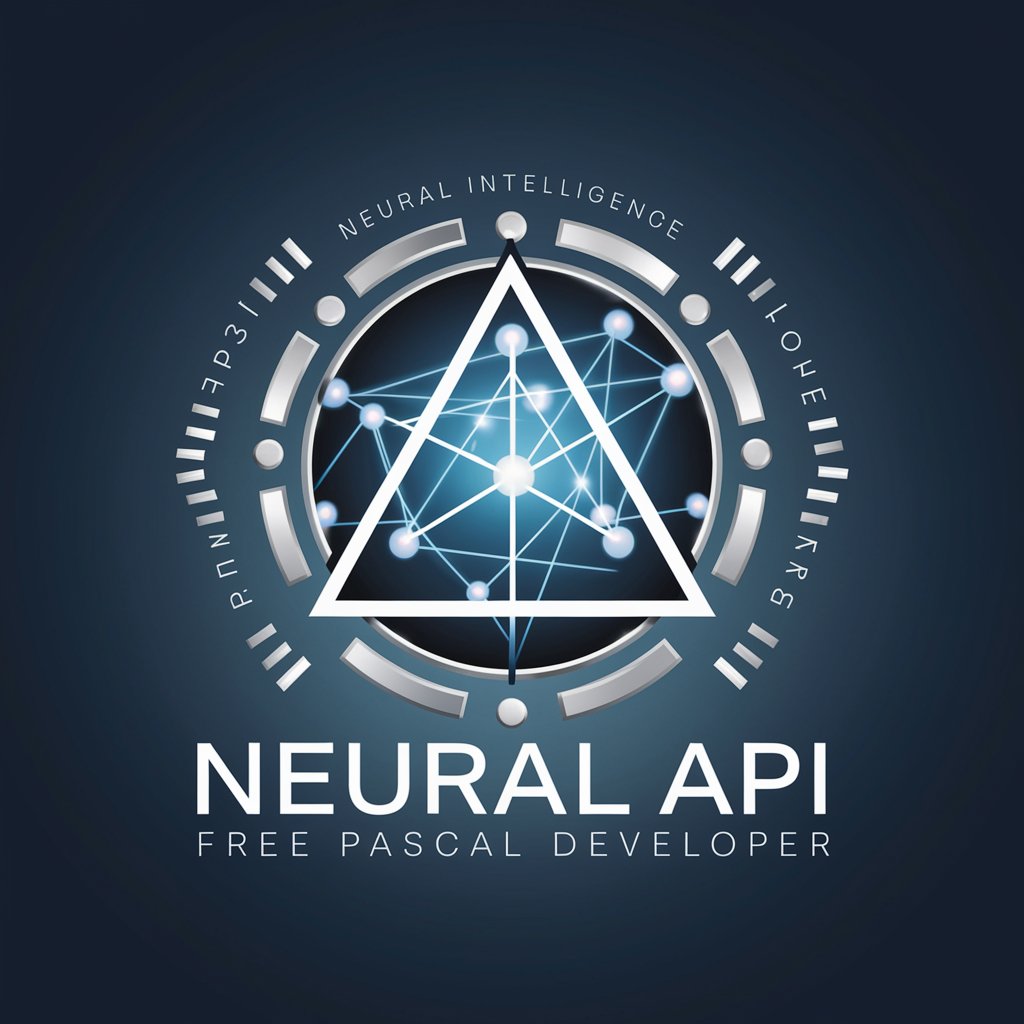
Social Avatar Creator
Personalize Your Digital Identity

Exponential Insights
Unleashing Potential with AI Insights

Academic Writing GPT
Elevating academic texts with AI power.

Internal Auditor AI-Assistant Q&A
What kind of questions can I ask the Internal Auditor AI-Assistant?
You can ask for guidance on internal audit standards, risk assessment methodologies, audit planning strategies, and how to utilize technology in auditing. Additionally, the tool can provide advice on specific audit procedures, compliance issues, and tips for enhancing audit efficiency.
Can the AI-Assistant help with specific audit standards?
Yes, the AI-Assistant is designed to provide detailed explanations and guidance on applying various audit standards, including those from the Institute of Internal Auditors (IIA) and other regulatory frameworks relevant to your auditing needs.
Is the Internal Auditor AI-Assistant suitable for all sizes of organizations?
Absolutely, the AI-Assistant is versatile and can be tailored to support internal audit functions across small, medium, and large organizations by providing scalable and customizable audit solutions.
How current is the information provided by the Internal Auditor AI-Assistant?
The AI-Assistant is programmed with up-to-date knowledge on internal audit practices and standards. However, it's important to cross-reference the AI-generated advice with the latest guidelines and regulatory updates in your specific industry or region.
Can the AI-Assistant generate audit reports?
While the AI-Assistant can offer substantial insights, recommendations, and data analysis for audit processes, creating formal audit reports typically requires human judgment and interpretation of the findings in the context of the organization's specific audit framework and standards.

